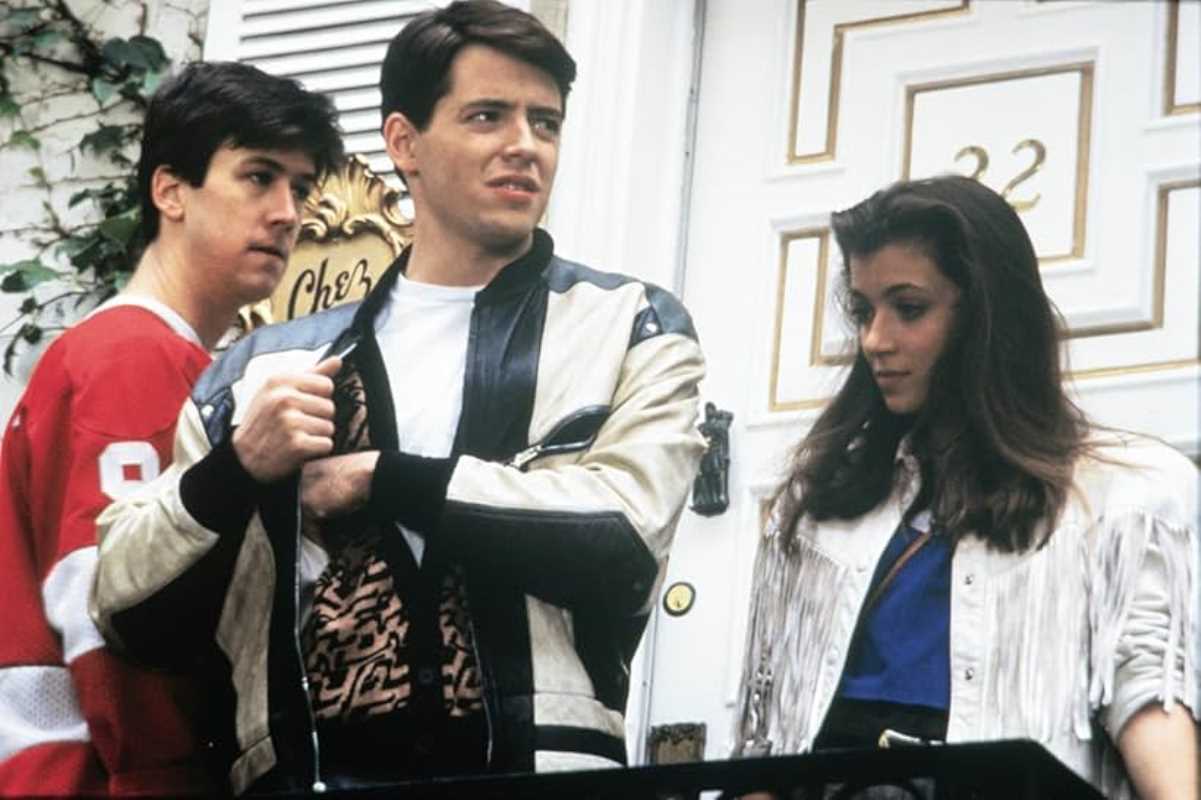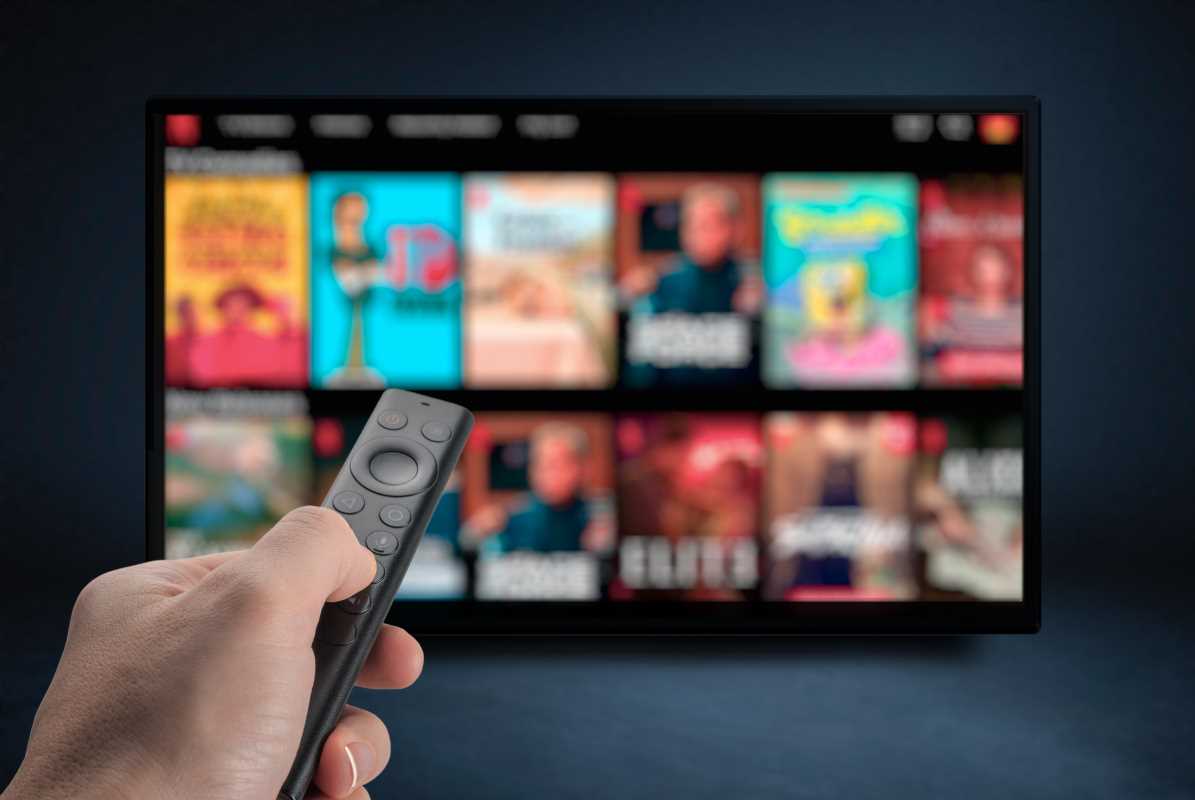Reboots can breathe new life into beloved franchises, introducing them to new audiences and revitalizing their legacy. However, not every reboot captures the essence of what made the original successful.
Here are some notable examples of movie reboots that not only fell flat but, in some cases, tarnished the reputation of the franchise altogether.
The Mummy (2017)
When Universal Pictures announced The Mummy (2017) as the start of their “Dark Universe” — a connected universe of classic monster movie reboots — there was excitement about seeing iconic characters like Dracula, Frankenstein’s monster, and the Invisible Man revamped for a modern audience.
Unfortunately, The Mummy, starring Tom Cruise, deviated so much from the adventurous, tongue-in-cheek spirit of the Brendan Fraser films that it quickly alienated fans. Instead of focusing on eerie atmospheres and dark adventure, it turned into an action-heavy, CGI-laden spectacle that lacked the humor and heart that fans loved in the original series.
The reboot’s commercial failure ultimately buried Universal’s Dark Universe plans, leaving audiences with a failed franchise and a Mummy film few were eager to rewatch.
Fantastic Four (2015)
Marvel’s First Family has struggled with several adaptations, but none were as poorly received as Josh Trank’s 2015 Fantastic Four. Hoping to bring a darker, grittier tone to the franchise, this reboot introduced a moody, sci-fi origin story that had little in common with the original comics' lighthearted family dynamics.
From production issues and significant script changes to Trank’s reported struggles with studio interference, the film was plagued with problems from the start.
Upon release, critics and fans alike criticized the film’s gloomy atmosphere, slow pacing, and lackluster characterization.
The reboot not only flopped at the box office but also left a sour taste that has continued to haunt the Fantastic Four franchise, making it even more challenging for future adaptations to find success.
Terminator Genisys (2015)
The Terminator franchise, known for its groundbreaking special effects and gripping storylines, has had a rocky history with sequels and reboots.
But Terminator Genisys (2015) was the installment that left fans wondering if the series had any future at all. Attempting to reinvent the timeline of the original films, Genisys tried to reboot the Terminator universe with a twist on the events of The Terminator (1984) and Terminator 2: Judgment Day (1991). The result was a convoluted, confusing plot that alienated fans.
Despite the return of Arnold Schwarzenegger, the film's messy storyline and strange character choices (like turning John Connor into a villain) disappointed both audiences and critics. It ultimately failed to recapture the tense atmosphere and cohesive storylines of its predecessors, leaving the franchise in limbo.
Ghostbusters (2016)
When Ghostbusters (2016) was announced, fans of the original series were hopeful for a return to the charm and humor that made the 1984 original a classic. However, this reboot, featuring an all-female main cast and directed by Paul Feig, sparked controversy even before its release, due in part to its radical reimagining of the original characters and tone.
While the new cast, including Melissa McCarthy and Kristen Wiig, brought their comedic talents, the film’s slapstick approach and inconsistent humor failed to match the chemistry and wit of the original. Rather than expanding the franchise's universe, the reboot’s box office failure and divisive reception created a backlash that made future sequels uncertain, stalling what could have been a strong revival for the franchise.
RoboCop (2014)
RoboCop (1987) became a classic due to its satirical take on corporate greed and violent crime, wrapped up in a gritty, dystopian world. But the 2014 reboot tried to modernize the character by toning down the satire and the violence that defined the original.
The result was a polished, action-oriented sci-fi thriller that lacked the raw edge and social commentary of its predecessor.
While the film wasn’t an outright failure, it didn’t resonate with audiences who loved the original. By eliminating the gritty, unapologetic nature of RoboCop, the reboot effectively stripped the franchise of its distinctive identity, ultimately relegating it to a generic sci-fi action film and stalling any plans for a new RoboCop series.
The Karate Kid (2010)
The Karate Kid (2010), starring Jaden Smith and Jackie Chan, was an attempt to revitalize the classic 1984 franchise with a new setting in China and a fresh storyline. While this reboot performed well commercially, many fans of the original criticized it for lacking the heart and authenticity of the original film. Renaming the traditional Japanese martial art of karate to fit a storyline about kung fu training was seen as confusing and disrespectful to the original’s spirit.
While the movie introduced a new generation to The Karate Kid, it ultimately fell short of creating the same cultural impact, and fans of the original series largely rejected it as a worthy successor. Attempts to create a sequel stalled, and the original Karate Kid series remains the more beloved version to this day.
Total Recall (2012)
Total Recall (1990), starring Arnold Schwarzenegger, was known for its unique blend of sci-fi, action, and dark humor. The 2012 reboot, starring Colin Farrell, aimed to modernize the story with advanced CGI but ultimately lost the surreal, mind-bending quality of the original.
The new version opted for a polished look over grit, and the result was a generic, glossy action film that lacked the charm and sense of danger that made the original memorable.
Audiences found the reboot lacking in depth and originality, and it failed to leave a lasting impression. This lukewarm reception essentially confirmed that the Total Recall franchise was better left untouched.
Why Reboots Fail
Reboots often struggle because they can’t find the balance between modernizing a story and staying true to the original. Studios often rely too heavily on CGI, updated visuals, or fresh casting while ignoring what made the original stories resonate with audiences in the first place.
Reboots like The Mummy and Fantastic Four show that audiences care about quality storytelling and consistent tone as much as visual updates. When studios approach reboots solely as a commercial opportunity without honoring the franchise’s core elements, they risk alienating fans and damaging the legacy of once-beloved stories.
In the end, rebooting a franchise requires a deep respect for what made it iconic and a careful approach to blending nostalgia with new ideas. Without that, the result can be a reboot that leaves fans wishing the original had just been left alone.
 (Image via
(Image via





